M.Rusydi – Quantitatice Exchange Rate Economics in Developing Countries
$136.00 $15.00
Product Include:
File size:
M.Rusydi – Quantitatice Exchange Rate Economics in Developing Countries
**More information:
Get M.Rusydi – Quantitatice Exchange Rate Economics in Developing Countries at Salaedu.com
Description
This book examines the options for adopting an appropriate model of exchange rate determination and its associated regime suitable for developing countries, with a case study of Indonesia. It examines exchange rate issues, develops market-based, equilibrium, and shadow-pricing exchange rate models for developing countries, and suggests a suitable approach which is based on the consideration of all these three types of models and the choice of its associated exchange rate regime. The book shows that a credible exchange rate regime and policy, which reduces uncertainty in the exchange rate market, may mitigate the flight to currency from broad money, and ensure the stability and certainty for private sectors especially in terms of export competitiveness. A set of market-based and equilibrium exchange rate models are developed and tested.
Review
‘This book makes a huge impact on our understanding of the exchange rate determination in developing countries. I strongly recommend you to read this book.’ – Professor Dr Syahril Sabirin, former Governor of Bank Indonesia (Indonesian Central Bank)
‘This book gives a very high quality and significant contribution to the research in exchange rate determination and financial economics in general. This is a book that must be read.’ – Professor Dr Datuk Mashkuri Yaacob, Vice Chancellor, Tenaga National University, Malaysia M.Rusydi – Quantitatice Exchange Rate Economics in Developing Countries
‘This book develops a unified approach to the analysis of exchange rate determination in developing countries. Its quantitative approach is very sophisticated and relevant to the application of the finance software.’ – Ichad Irsyad, Microsoft, Seattle.
‘I find this book a valuable contribution to the literature in international finance. It is very useful to researchers, academics, practitioners, policy makers, and postgraduate students.’ – Nevi Danila PhD, President, Malangkucecwara School of Economics, Malang
About the Author
RUSYDI is a Practitioner in Share and Derivative Markets. He is a Lecturer in Finance and Financial Planning at Deakin University, Australia. He was also associated with the Financial Modelling Program at Centre of Strategic Economics Studies, Victoria University, Australia, and has presented a number of papers at international conferences. He has an extensive experience in the oil and retail sectors in the Asia Pacific region.
He is a certified Financial Planner and a certified Derivative Adviser.SARDAR M.N. ISLAM is Professor of Welfare and Environmental Economics and Director of the Sustainable Growth Program at the Centre for Strategic Studies, Victoria University, Australia. His areas of teaching and research interests in economics are welfare economics, computerized economic modelling, development and growth economics, environmental and resource economics and health economics. He has published extensively.
Financial Development Course
Financial development means some improvements in producing information about possible investments and allocating capital, monitoring firms and exerting corporate governance, trading, diversification, and management of risk, mobilization and pooling of savings, easing the exchange of goods and services.
1 review for M.Rusydi – Quantitatice Exchange Rate Economics in Developing Countries
Add a review Cancel reply
Related products
Financial Development Course
Financial Development Course
Financial Development Course
Financial Development Course
Financial Development Course
Financial Development Course
Financial Development Course
Financial Development Course
Wendy Patton – Investing in Real Estate With Lease Options and “Subject-To” Deals

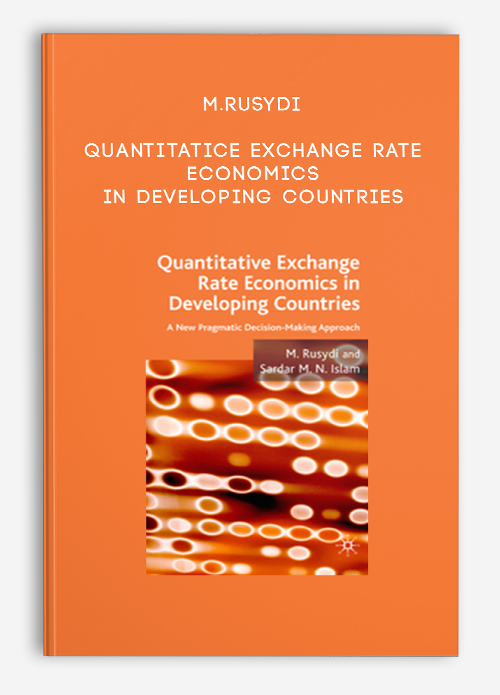
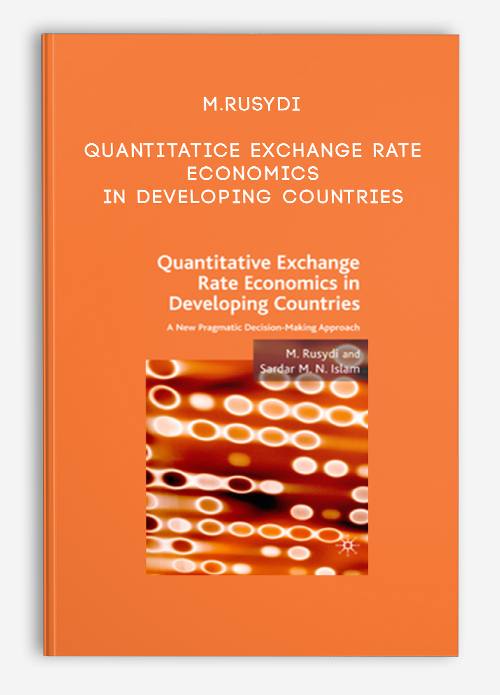
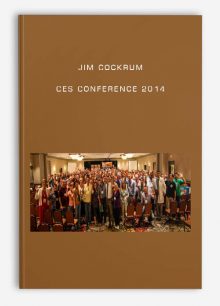
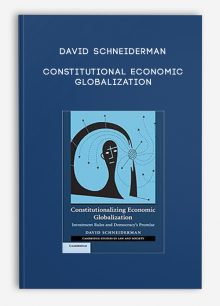


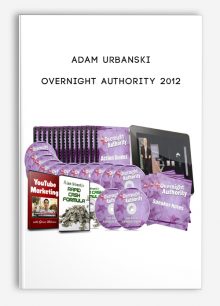
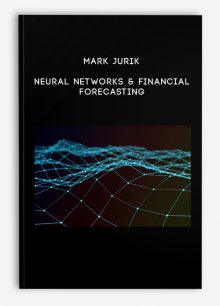
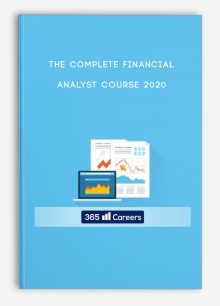

king –
We encourage you to check Content Proof carefully before paying.“Excepted” these contents: “Online coaching, Software, Facebook group, Skype and Email support from Author.”If you have enough money and feel good. We encourage you to buy this product from the original Author to get full other “Excepted” contents from them.Thank you!